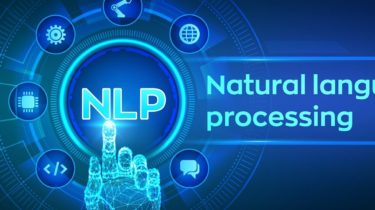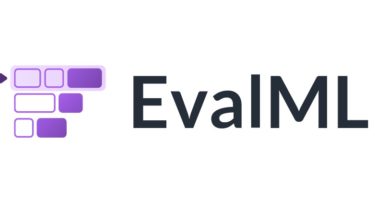Issue #132 – Tokenization strategies for Korean MT tasks
27 May21 Issue #132 – Tokenization strategies for Korean MT tasks in Model improvement, The Neural MT Weekly Author: Dr. Jingyi Han, Machine Translation Scientist @ Iconic Introduction Asian languages have always been challenging for machine translation (MT) tasks due to their completely different grammar and writing system. As we know, there are specific segmenters for Chinese and Japanese as there is no space between words in these languages. With regards to Korean, even though the words are separated by […]
Read more




